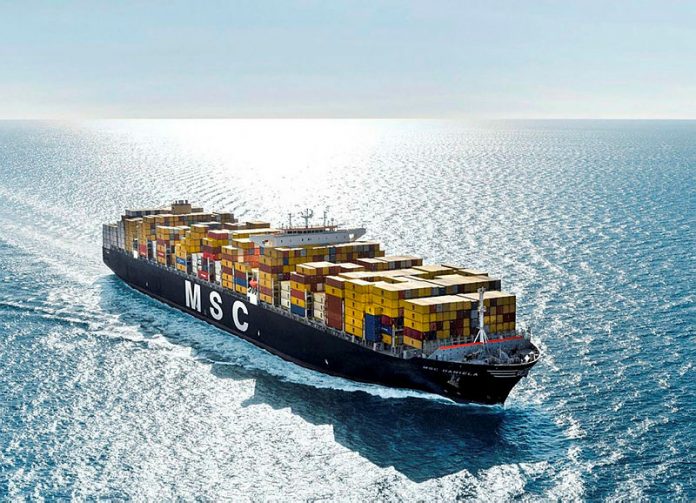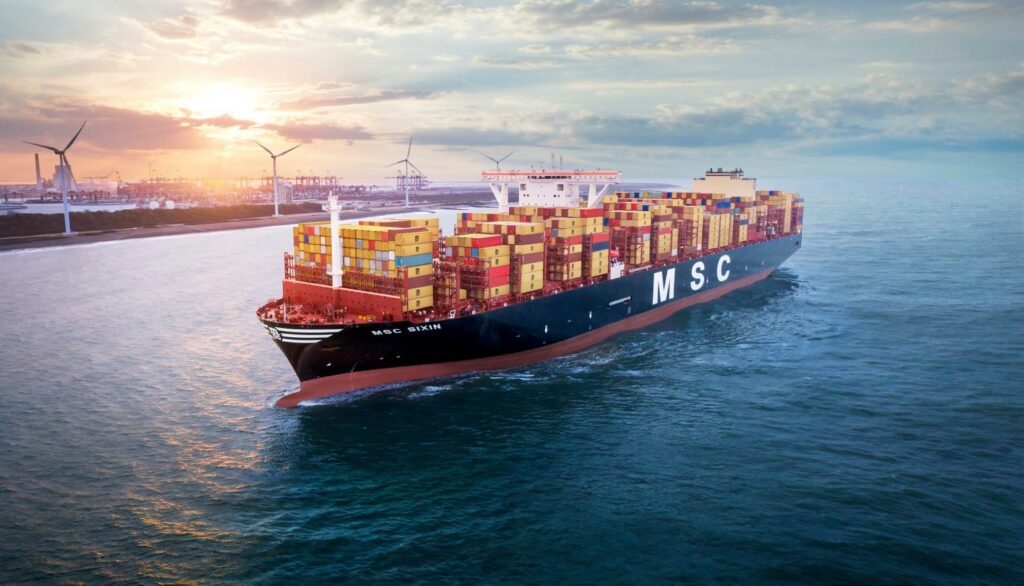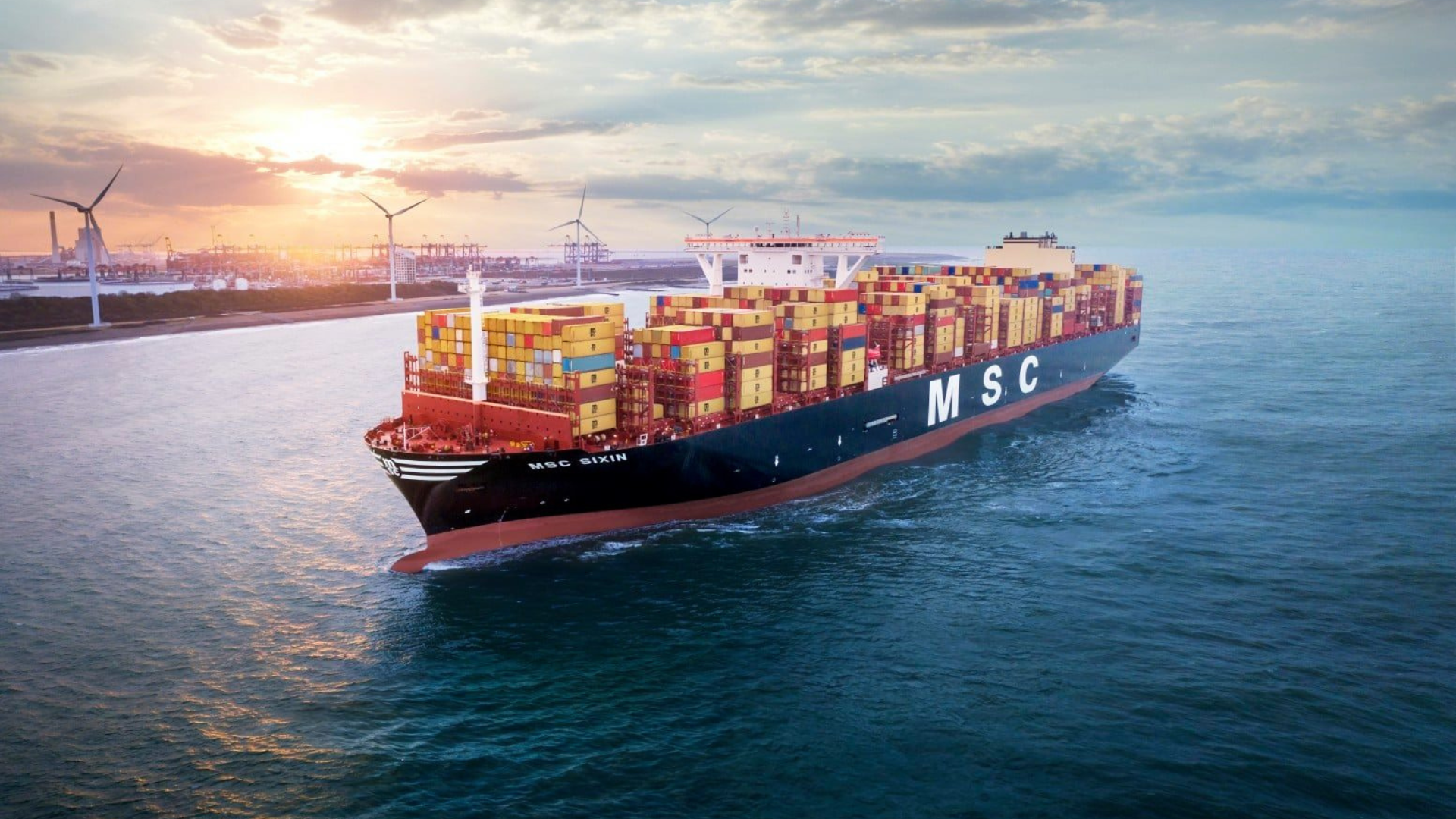Africa has long been considered a land of untapped potential, teeming with natural resources, diverse cultures, and emerging economies. At the forefront of unlocking this potential is the continent’s logistics industry. Stephen Masters, the over border and project manager at MSC South Africa, recently put the spotlight on these evolving dynamics, exploring both the challenges and opportunities in the African logistics sector.
“Sea freight is the dominant method of importing and exporting across the continent,” says Masters. This reinforces the influence that the global transport economy has on regions like South Africa. The ripple effect of global incidents, such as ‘the blockage of the Suez,’ underscores the interconnectedness of the logistics world, a point Masters is keen to emphasise.
South Africa’s geolocation offers a unique advantage. As Masters puts it, “Globally, from a geographical point of view, we’re the halfway point between the East and the West.” This midpoint position has the potential to turn the county into a significant logistics hub. Even so, businesses must remain cognisant of the challenges. Masters notes the rapidly increasing competitive landscape and the significant amount of work South Africa must still do to strengthen its logistics sector.
A significant challenge is the dated infrastructure, especially concerning rail and road transportation. Masters provides a candid overview, noting, “we suffer from an aging infrastructure here in southern Africa.” This decay affects not just transportation but also the broader sectors. The ongoing electricity crisis exemplifies this, with Masters pointing out its crippling effects over the past few years. “It’s really been something we’ve had to endure,” he says, highlighting how businesses have been compelled to find alternative power sources.
Opportunities to be had
Yet, amidst these challenges, optimism flourishes. Several avenues of growth and opportunity were identified. Masters underscores the importance of understanding Africa’s unique position, advocating for solutions tailored to the African context. He suggests, “we need to sit with our parts and say this is what works in Africa, and we need to tailor that accordingly.”
In the realm of international partnerships and trade relations, Africa is far from a passive player. Instead, it’s a continent that has a wealth of insights and assets to offer. Masters champions this perspective, saying, “We can Africanise them [the partnerships] to fit in our environment, our economy, and our logistics networks.”
A recurring theme throughout the conversation was the need for innovative thinking. The world is rapidly changing, and sticking to outdated models and strategies will only hinder growth. As Masters puts it, “It requires thinking outside the box… It’s driven by passion and vision.”
Focusing on local
When it comes to the future of the industry, all this could suggest a move towards more localised solutions. These better reflect the unique logistics landscape across the continent while still leaving opportunities for international partnerships. Moreover, it means acknowledging the past and present challenges, learning from them, and forging a path forward with determination and adaptability. In summary, Africa stands on the cusp of a logistics revolution. While challenges abound, so do opportunities. Through conversations like these with industry experts like Masters, a clearer picture of the future emerges – one that’s hopeful, dynamic, and above all, promising for the African continent. To listen to his discussion in its entirety, tune in to Michelin’s What’s Treading podcast.






